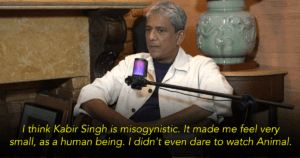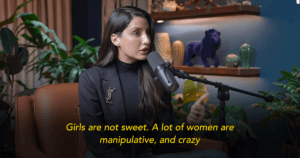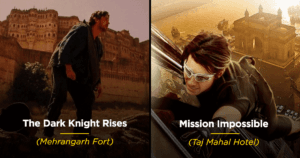The first look is announced with a bunch of hashtags. Then follows the teaser. Then, there is the dialogue promo. And then, the whole barrage… the Instagram Boomerangs, the Snapchat video, the Dubsmash, the song’s first look, the title track promo and twenty such videos later, the trailer finally makes its appearance. But, just to launch the trailer, there’s a press conference amidst a host of paid Twitter trends.
There was a time when film making was an artistic endeavour. Now, it has turned into a marketing gimmick. With the excessive promotion of every Bollywood film, content seems to have lost the plot.
The magnitude of marketing has become so huge that it seems bigger than the movie itself. And it’s not just limited to film stars appearing on every reality show as a guest judge or endorsing the brands that have been promoted in the film. The scale has now become so magnanimous, there’s no way you can ignore the release of a big-budget film.
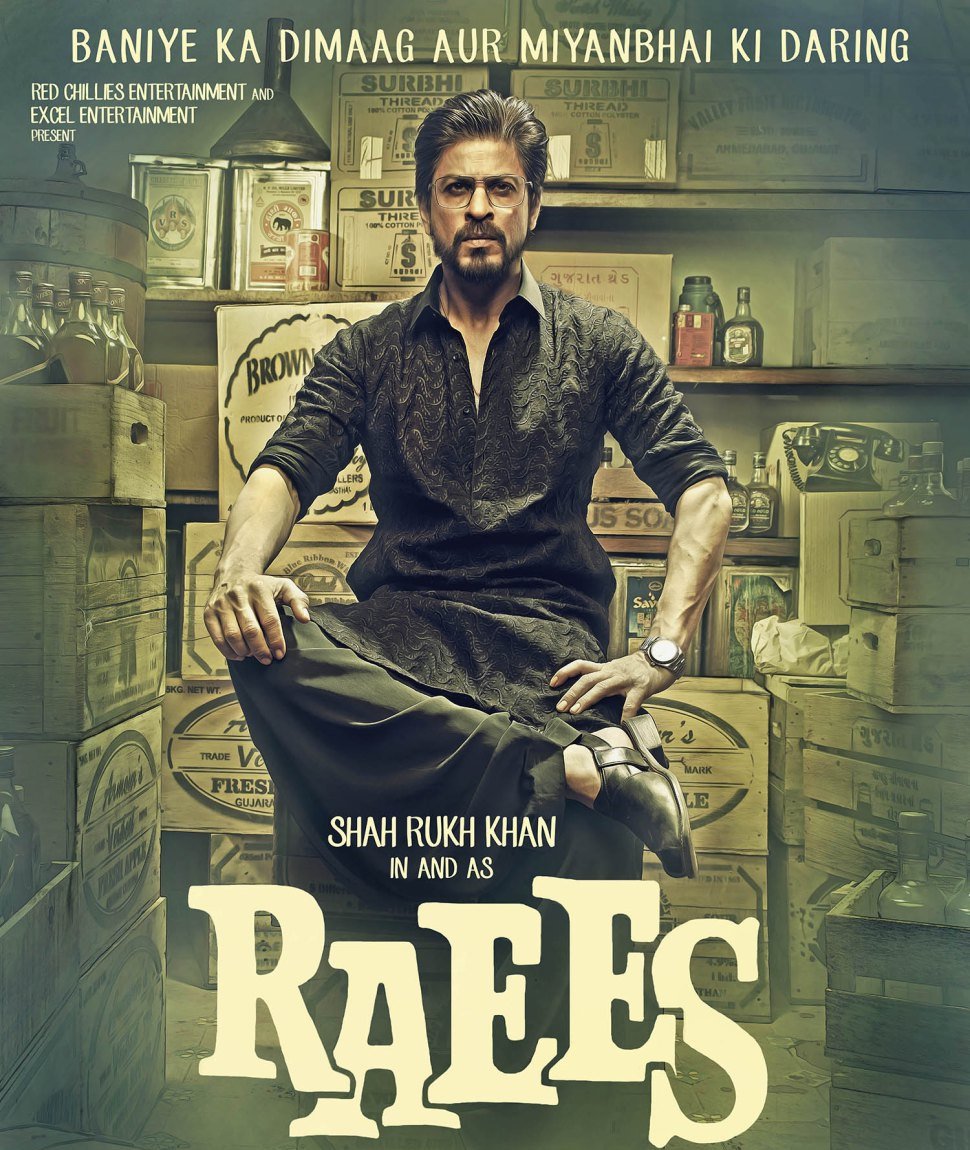
With countless teaser promos, first looks of all the actors and even a video announcing the movie release, movie makers have clearly gone overboard.
You might be visiting a shopping mall or just walking on the road but the film makers ensure that the audience is hovered by the information that the film is going to release on a certain date.
Just to put things into perspective, the first teaser of SRK’s big budget film Raees was released in July 2015 and the film is releasing only in 2017. A marketing campaign set to last over a year and a half! Another example? The first look of Befikre released in April and we’re still a few weeks away from the film’s opening. And as if that wasn’t enough, they are coming up with a new ‘Befikre surprise’ everyday until the film’s release.
There’s truly no escape!
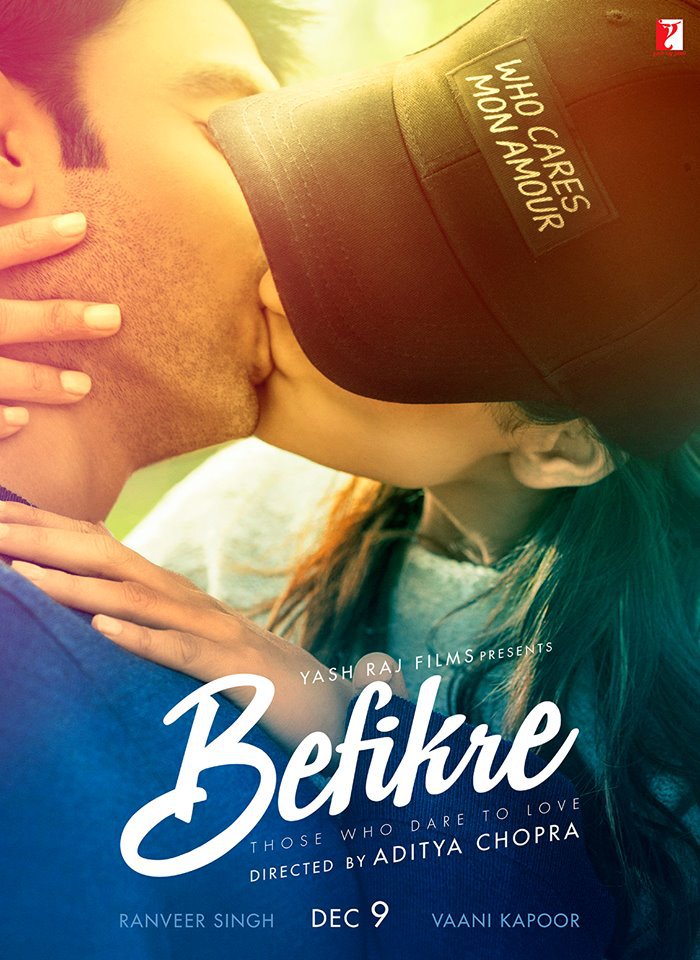
Despite all the ‘innovation’ in marketing campaigns, we still don’t get to see good content.
It’s understandable that a producer would want to get audiences into theatres but the amount of information and the frequency at which it is being delivered is clearly getting too much. And sadly, the formulaic marketing campaigns don’t guarantee a good film.
One such example is Baar Baar Dekho. While Kala Chashma was creating headlines with Katrina’s abs at the forefront, the movie did not offer anything that could be termed as entertainment.
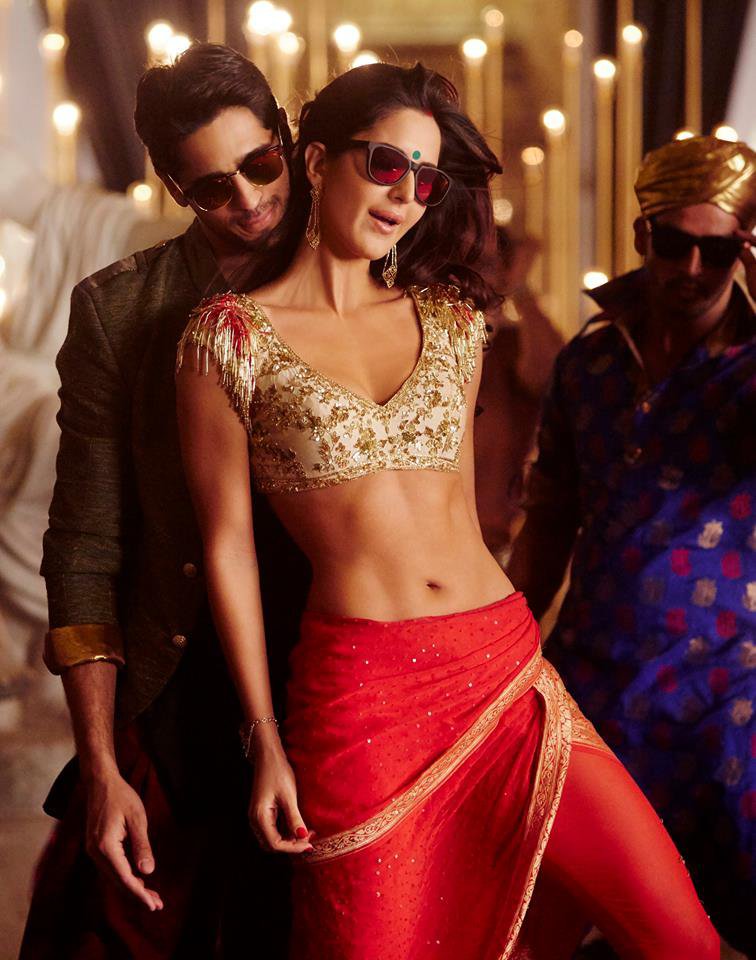
It feels like that the focus of the producers is solely on selling the film. But where is the content?
It’s not just the case with one film. More or less every movie seems to be falling in the same trap. Link ups of co-stars is probably the oldest trick in the book but the makers are still milking the same formula. Honestly, the audience is smart enough to figure out a publicity stunt. The marketing plan has become so formula-driven, sometimes, even the film’s subject is not taken into consideration.
How else would you explain a film like Parched being promoted on a show like Comedy Nights Bachao?
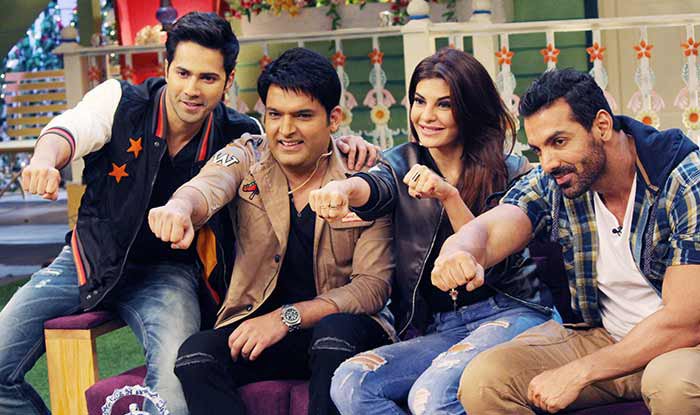
While a 3-minute trailer was sufficient until a few years ago, the business has clearly changed but we can’t really say if that change is welcome.
The audience is being force-fed every little detail about the upcoming film, so much so, it soon turns into an overdose. In an effort to grab the audience’s attention, every trick is used. That includes actors posting videos of even their knee surgeries.
With Ae Dil Hai Mushkil, we saw those countless promos once again and frankly, the film didn’t offer anything we haven’t already seen before.
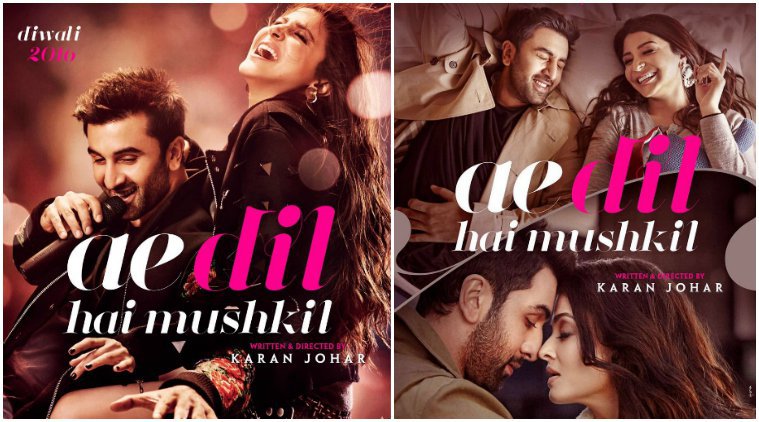
The makers need to probably take a step back and reevaluate their plans because the overdose is starting to annoy the audience.
With crores of rupees being spent on the promotions, the makers are probably not investing even half of that amount into the actual making of the film, which in the end leaves us disappointed. Movies like Tanu Weds Manu Returns and Drishyam did not rely on formulaic marketing strategies but since the movies were rich in content, they were well received and loved.
Instead of coming up with news ways to interact with the audience on every possible portal, the movie makers should probably pay more attention to the stuff that the audience is actually going to remember.




